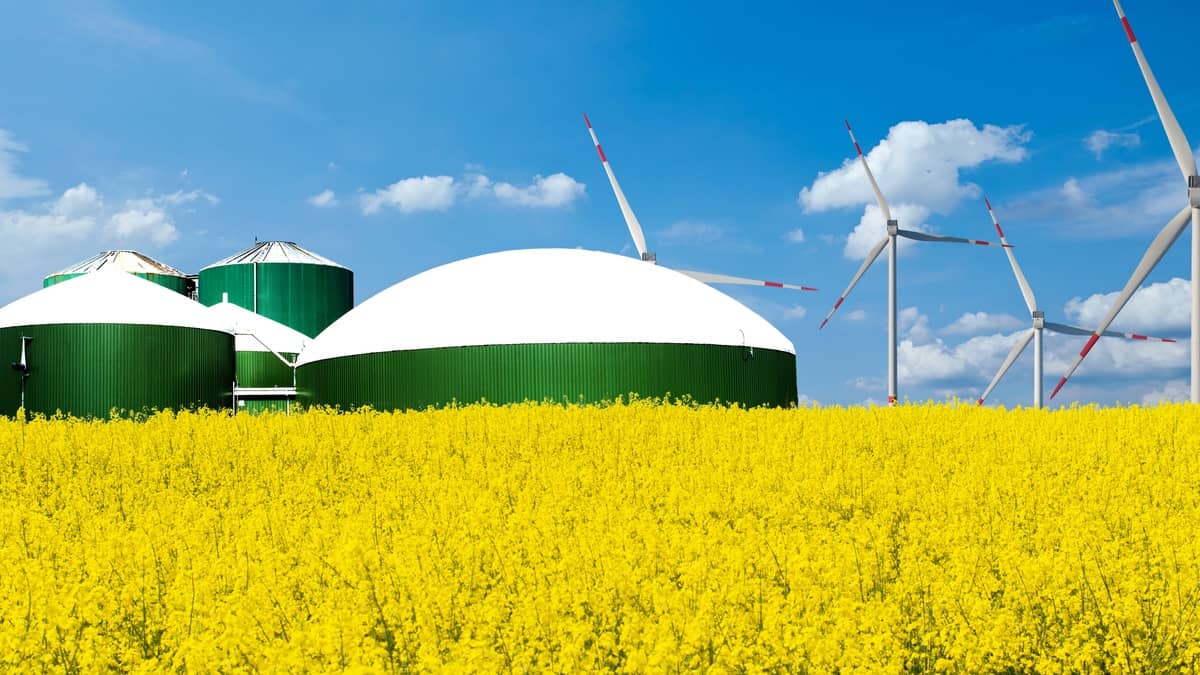When it comes to their automobiles and the local factories that make them, Germans and Italians are passionate and unwavering in their support. They will not give in to the all-electric revolution without a struggle and will fiercely defend their traditional way of driving.
Amidst the clamour for a transition to all-electric vehicles, Germany and Italy have made their stance clear: they will not accept the proposed ban on new internal combustion engine car sales by 2035 if the regulations fail to accommodate the use of carbon-neutral e-fuels.
E-fuels, a promising alternative to traditional gasoline, are crafted by sequestering atmospheric carbon and fusing it with water to generate a combustible liquid fuel. When the process is fueled by renewable, zero-emissions sources such as wind or solar energy, burning e-fuels does not contribute to carbon dioxide emissions, providing an environmentally sustainable option for transportation.
Germany and Italy’s commitment to using e-fuels is a testament to their dedication to reducing carbon emissions and promoting eco-friendly practices in the automotive industry.
https://twitter.com/englishjaun/status/1638957489306607638?s=61
A revolutionary fuel: Porsche showcases synthetic fuel in Racing series
https://twitter.com/thisisdynamo/status/1643602649512648704?s=61
Porsche, the iconic sports car manufacturer, has recently made a strategic investment in a Chilean factory that produces synthetic fuel. The company plans to utilize this revolutionary fuel in a racing series it sponsors this year, showcasing the potential of the innovative technology. Moreover, Porsche has already demonstrated that this fuel can be used in a gasoline-powered car without any modifications, presenting a promising solution for reducing carbon emissions in the automotive industry.
Biofuels: A carbon-neutral option for a sustainable future
https://twitter.com/reuters/status/1638539913133010944?s=61
Italy is taking a bold stand for sustainability by urging regulators to exempt biofuels such as ethanol and biodiesel from proposed regulations. In a letter dated March 21st, three Italian ministers of transport, environment, and enterprises have clarified that Italy will not accept any interpretation of “CO2 neutral fuels” that excludes biofuels. While biofuels can be carbon-neutral, they require careful production to ensure they are not blended with fossil fuels and are made using green power.
EU’s plan to promote E-Fuel and biofuel vehicles
The European Union is taking action to address the issue of carbon emissions by considering a proposal to allow e-fuel and biofuel vehicles, but only if they have the technology to prevent the use of gasoline, diesel, and other conventional fuels. Reuters reports that the EU is already working on the proposal. The German Transport Ministry has expressed interest in a prompt resolution but emphasizes the importance of a resilient and binding agreement.
Ford and Lamborghini explore e-fuels as a solution for future vehicles
The electrification of Formula One is set to accelerate in 2026, with plans to switch to e-fuels. Ford CEO Jim Farley has praised the move, citing it as a critical factor in the company’s decision to rejoin the series with Red Bull. Farley believes that e-fuels could provide a solution for heavy trucks and performance cars in the future. Likewise, Lamborghini, owned by Volkswagen, is exploring the use of e-fuels to preserve the sound and feel of its high-revving engines, which are a significant draw for its customers.

